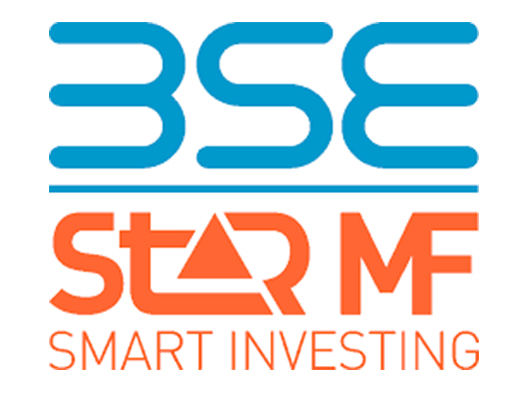
Startup Equity Investing: Risks, Rewards and Advice for Retail and Accredited Investors
Startup equity investing can be a lucrative business, but it also carries substantial risks. Until recently, such opportunities were limited to wealthy venture capitalists or angel investors. However, with the rise of crowdfunding websites and online marketplaces, it is now possible for retail investors to invest in startups as well. In this article, we will discuss how startup equity investing works, how much an investor should allocate, the importance of diversification, and the risks involved.
How does Startup Equity Investing work
Digital platforms like Tyke and Grip list startups seeking funding. Grip only accepts Accredited Investors and has a minimum commitment required of $2 lakh, while Tyke allows regular investors to start with as little as $5,000. To invest in Grip, retail investors must go through Anicut Grand Capital, an alternative investment fund (AIF) registered with the Securities and Exchange Board of India (SEBI). Once the AIF receives shares equal to the entire amount invested by all retail investors, each retail investor receives a portion of a unit. Tyke, on the other hand, offers a platform through which anybody can invest.
How much should an investor allocate to startup equity investing?
A first-time retail investor should start cautiously in risk assets like equities. They should get their risk profile assessed by a SEBI Registered Investment Advisor and decide whether equity investing is suitable for them. Mortality among startups can be 95% plus. Therefore, a retail investor starting in equities can start with an amount that they are willing to lose for good. For some, it could be 1% of their net worth, for others, it could be 5% or even 0.1%.
Should Investors Diversify within startup equity investing?
If a retail investor has decided to get into startup investing, they can use the rule of diversification to mitigate the high risk involved. This means having exposure to anywhere between five to ten startups. If they do not have the time to track such investments, then startup equity investing may not be suitable for them. At the other end of the spectrum, successful angel investors usually invest in more than ten startups, leveraging their professional networks and deep industry knowledge.
Investment Advisor’s Caution About Risks in Investing
The success rate of startups is low, between only 10% to 20%. Therefore, investors must be cautious and ready to lose all their capital in such risky investments. The platforms may even ask investors to make such a declaration. Investors ought to ensure that their lifestyle is not impacted by any potential losses incurred in startup equity investing.
Conclusion
Startup equity investing is not for everyone. Only savvy and wealthy investors with a stomach made of steel and deep expertise in the chosen sectors must be ready to invest in such ventures. The payoffs could be immense, but the risks are equally high. Hence investors must adopt diversification and suitable asset allocation to protect their personal wealth in this high flying journey. Taking the advice of a personal registered investment advisor will help in evaluating such decisions.
In conclusion, startup equity investing can be a high-risk, high-reward investment. Retail investors must start cautiously and consider their risk profile before investing. They should diversify their investments and be ready to lose all their capital. Investment advisors can provide valuable guidance to investors in evaluating these decisions. Ultimately, savvy investors with deep industry knowledge and a willingness to stomach risk can reap the rewards of equity investing.
Stay updated with the latest market and investment updates. Join Jama Wealth on Telegram, Linkedin, YouTube, Instagram, Facebook, Quora for more!
For high quality investment advice and to grow wealth, download Jama Wealth App on iOS App Store and Android Play Store.






















